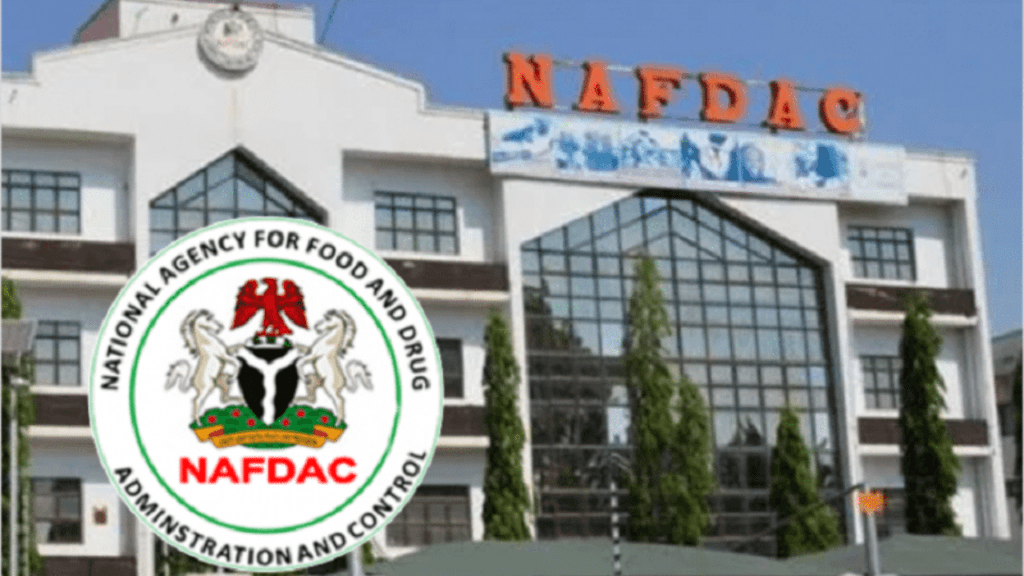The recent inauguration of the Governing Board of the National Agency for Food and Drug Administration and Control (NAFDAC) marks a significant step in renewing Nigeria’s health sector.
NAFDAC is a cornerstone institution, essential for regulating the food and drugs that Nigerians consume, and it plays a vital role in ensuring the population’s health and safety.
This aligns with President Tinubu’s #RenewedHopeAgenda to save lives, reduce physical and financial pain, and promote health equity for all Nigerians.
The President’s health agenda is built on four foundational pillars under Nigeria’s Health Sector Renewal Investment Initiative #NHSRII.
The first pillar, governance, emphasises the need for strong regulatory frameworks for both products and professionals. NAFDAC’s role here is crucial, ensuring the integrity and safety of health commodities, which are foundational to the nation’s health system.
Improving population health outcomes is the 2nd pillar. For Nigeria’s primary healthcare systems and hospitals to function effectively, the quality of pharmaceuticals must be guaranteed.
NAFDAC’s efforts in preventing counterfeit and substandard drugs are essential in achieving better health outcomes for the populace.
The 3rd pillar focuses on unlocking the potential of the healthcare sector. A strong regulatory framework supports local production and ensures that quality products can compete both locally and internationally.
NAFDAC’s regulation of production and distribution channels is key to fostering a thriving healthcare industry, protecting investments in quality production, and preventing market disruption by substandard products.
Health security is the 4th pillar, emphasising NAFDAC’s role during crises, such as ensuring the safety and efficacy of vaccines and therapeutics. This function is critical for maintaining public trust and managing health emergencies effectively.
Inaugurating the Board, the Hon. CMHSW Muhammad Ali Pate said “the membership is composed of individuals with diverse backgrounds and experiences, reflecting a careful selection process aimed at fostering effective teamwork. This diversity is seen as a strength, providing varied perspectives and enhancing the council’s ability to address complex challenges.”
Minister Pate added, “The Board’s role is dual: to support and challenge the DG and the institution. This approach promotes growth and improvement, ensuring that NAFDAC continues to meet its mandate effectively. While NAFDAC has made significant progress, continuous improvement is essential.
“Recent reviews have identified areas for enhancement, and the DG, Prof Moji Adeyeye, has begun addressing these, focusing on structure, strategy, systems, financing, and culture.”
As the new Board embarks on its duties, there is a renewed sense of purpose and dedication to safeguarding the health of all Nigerians.

